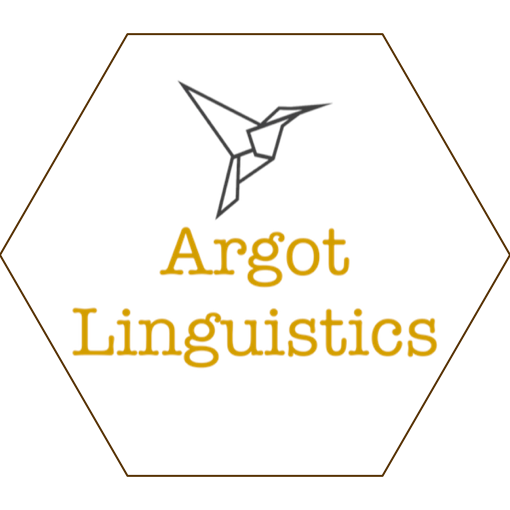How to Start Learning Turkish

The Turkic language family is so unique because on the surface, it does not translate well to the neighboring semetic or indo-european languages given the location of the country. The history of the country is a rather complicated one, so the culture is rich and full of stories. If you want to tackle a Middle Eastern language, Turkish might be right for you! Mustafa Atatürk implemented the romanization of the Turkish language in 1928 a few years after the end of the Ottoman empire. Before, they used the Arabic script which can still be seen on the walls of their buildings and infrastructure. They use roman characters with some added charm so this makes learning the language much easier for English speakers. However, the grammar is very different from English, so I want to share some useful tools to start learning Turkish.
A great first step to learning a foreign language is to learn how to think in that language. Personally, I think that learning vocabulary should be pushed off until later in your language learning journey because that is really the easiest part. Doing this difficult first step will help you understand the nuances better and allow you to transfer the knowledge that you already know in English. Language Transfer is an amazing resource that offers courses that you just need to listen to. The idea is that you will use your mental reasoning to train your brain to figure out the language. This sort of exercise is like figuring out a puzzle or solving a riddle. What I like about Language Transfer is that this non-profit project goes through recorded lessons of a teacher and a student and you just learn along with them. I recommend repeating the lessons if you had trouble with it or not paying attention. Language learning is a marathon, so there is no need to rush through each lesson because you are only hurting yourself if you miss something that is preventable. The lessons are relatively short, so you can knock out two to three per day, and not anymore than that. I don’t want you to get burnt out from information overload, so take it slow. Because Turkish is so different from English, this podcast series will definitely introduce you to the language so that you feel more confident later on in your journey.

Once you have a decent grasp of Turkish, I recommend getting a friend so that you can practice with them. Preferably, they are a native Turkish speaker, however if they aren’t one, you can just chat with any friend that appreciates your company. Once you start explaining the language to someone, you will start to notice the gaps in your knowledge and then questions will start to come up. This will help you explore the language even deeper and might garner a greater interest. If traveling to Turkey is a goal on your to-do list, practice example conversations with yourself so if you run into a scenario, you’re better equipped to handle it. The main idea here is that you don’t need to be perfect to practice speaking, and perfection isn’t something you should be striving for. The purpose of practicing is that you have a good foundation so that you can continuously build upon it. Honestly, you will never stop practicing so to review, I will list some exercises that will always be a part of language learning:
- Speak to a friend
- Speak to yourself
- Chat online
- Watch a YouTube video
- Translate text
- Read short stories
- Listen to podcasts
- Write daily journal entries
Of course, this is not an exhaustive list, so feel free to add other tasks so that you achieve your goals. I know that some polyglots like to focus on input early on in language learning, and I want to share that actively interacting with the language allows you to ask questions and find out answers. The goal is to not really have a perfect understanding of the language but to have a curious mindset to discover as much of the language as possible. This type of thinking is more sustainable because it will give you the endurance to continue on the path of learning Turkish. To be honest, you will never achieve a native-level of fluency and that is okay! As long as you have the discipline and motivation to learn Turkish, you will get to a comfortable level, and you will know it once you get there. I hope this helps you start learning such a historic and beautiful language as Turkish is, and I wish you the best of luck! İnşallah!
